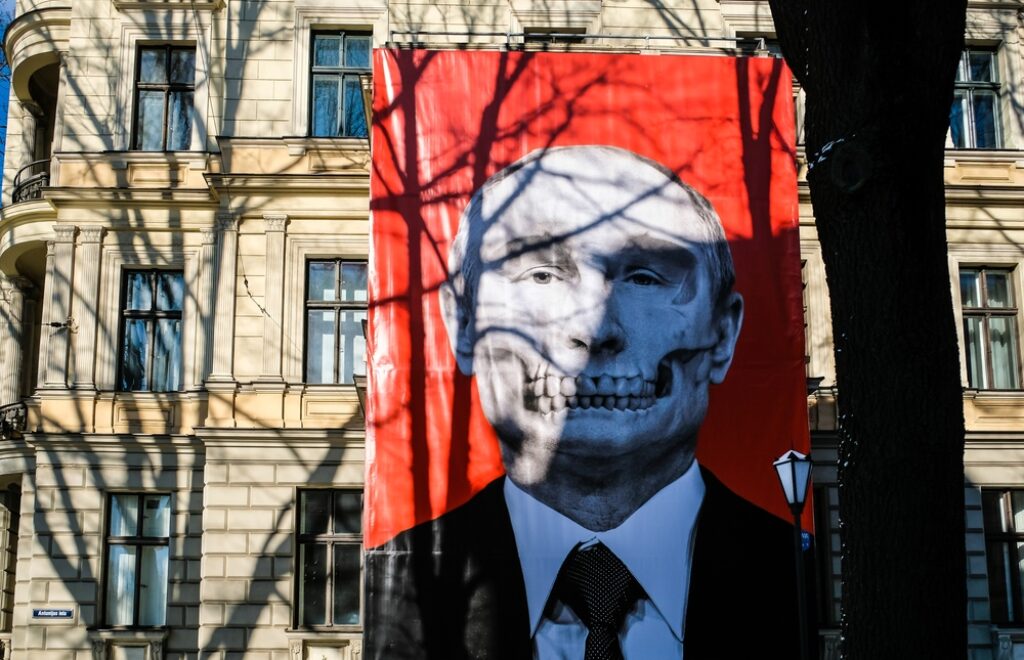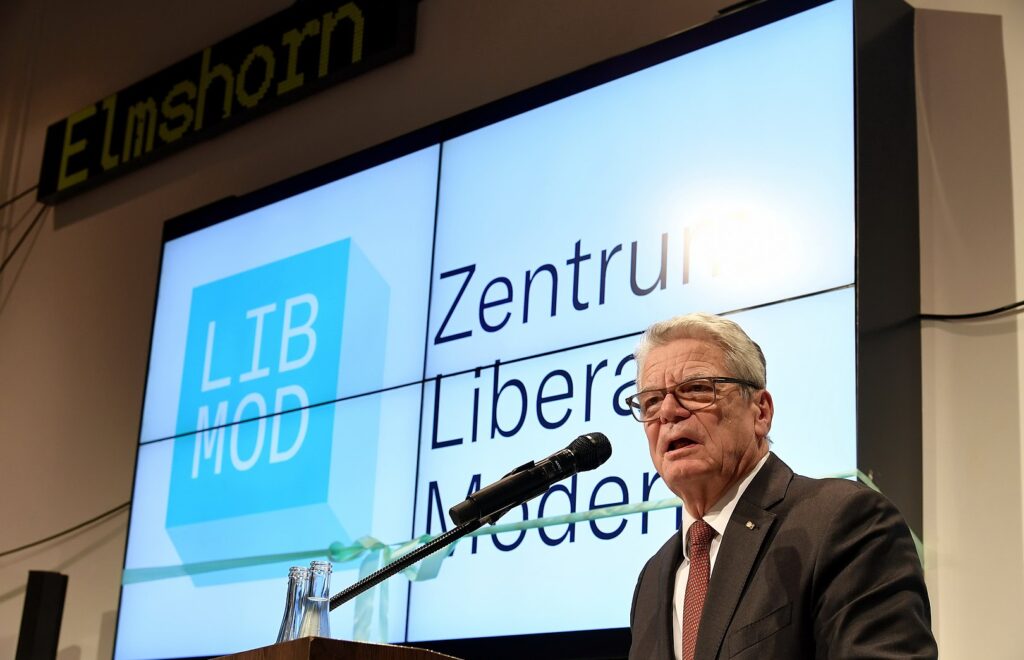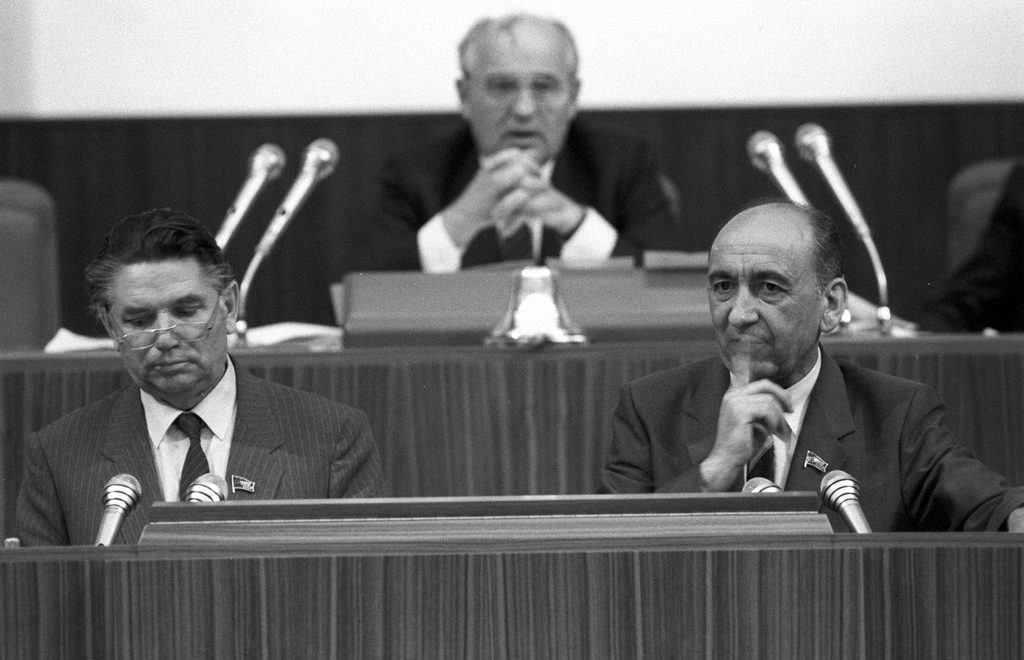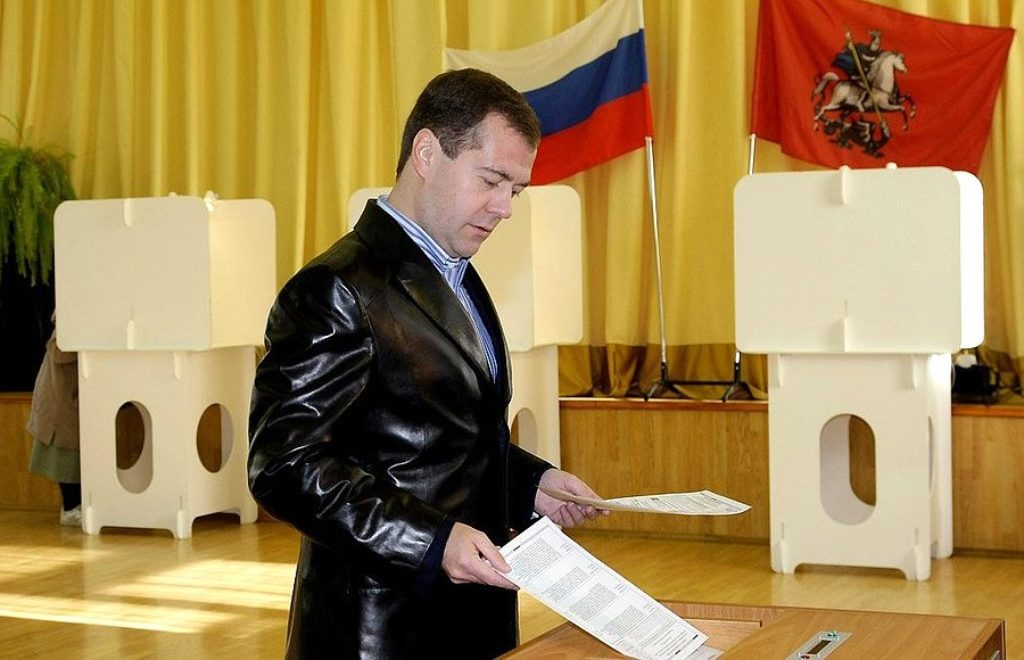Today’s young Russian generation was born in the mid to late 1990s. They grew up with the internet and mobile phones. They witnessed the country grow rich and believed they too would receive the benefits of oil revenue and live happily. But alas it has turned out that the internet is censored, the benefits are gone and they are not going to get much in life.
In early 2017 Alexei Navalny announced that he will run against Vladimir Putin in 2018. In less than a year, he managed to raise, through crowdfunding, 200 million Russian roubles (roughly three million euros), which is an unprecedented amount for a Russian politician. He opened 80 headquarters across the country and organised a series of protest rallies that were attended in March and June 2017 by tens of thousands of people. These demonstrations were the first mass gatherings that swept across Russian provinces (some were organised even in small towns) since the 1990s.
Barriers and restrictions, attempts to discredit the demonstrations, media censorship and attacks by thugs did not deter the protestors. What is more, it was clear, starting with the first March rally, that a large number of the protesters were very young. They were primarily high school students and teenagers. This is a fairly new situation for the protest scene in Russia.
January 2, 2018 -
Anastasiia Sergeeva






































